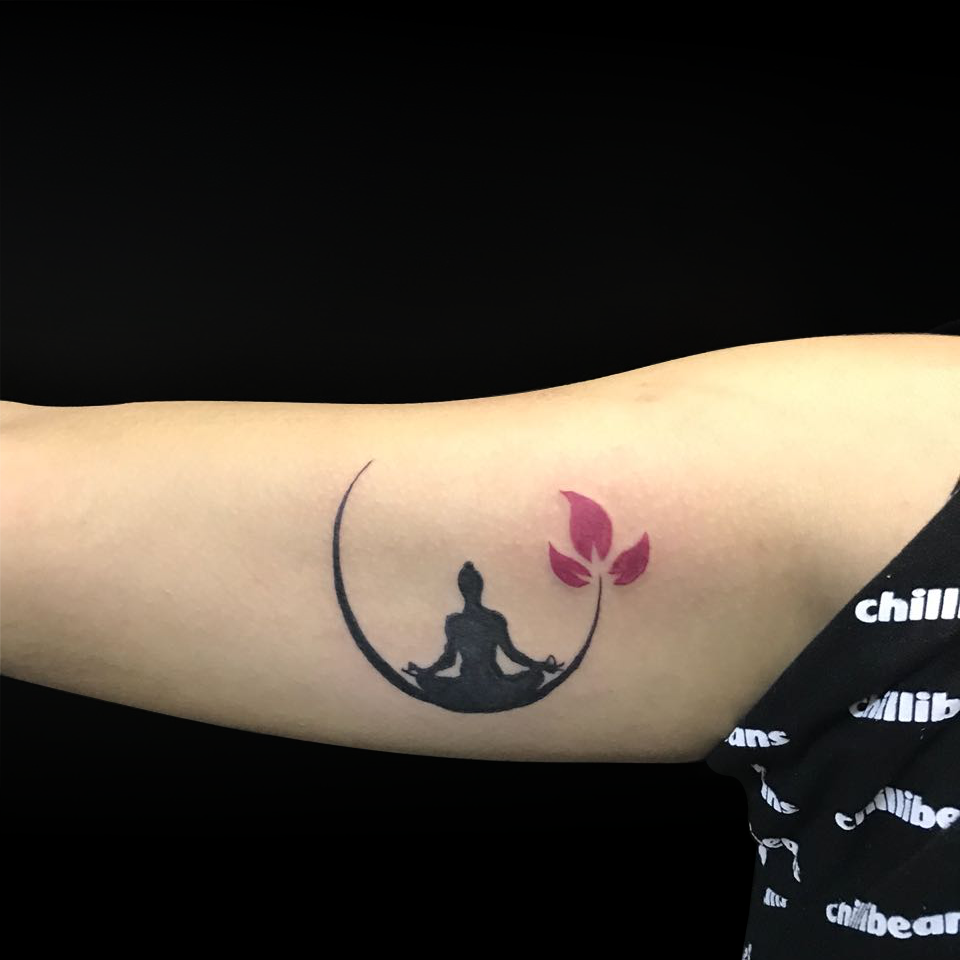Buddha Meditation, rooted in the profound wisdom of Siddhartha Gautama, the historical Buddha, is a transformative practice that leads seekers on a journey of inner peace and enlightenment. With its origins in Buddhism, this ancient form of meditation has transcended time and geographical boundaries, captivating minds worldwide. In this article, we delve into the essence of Buddha Meditation, exploring its principles, techniques, and the boundless benefits it brings to those who embrace it.
Understanding Buddha Meditation:
Buddha Meditation, also known as Buddhist meditation, encompasses a diverse array of contemplative practices that are central to the teachings of Buddhism. The essence of this practice lies in the Four Noble Truths and the Eightfold Path, which form the foundation of Buddhist philosophy. By meditating on these principles, practitioners aim to cultivate mindfulness, wisdom, and compassion, ultimately attaining enlightenment and liberation from suffering.
Techniques of Buddha Meditation:
- Mindfulness Meditation: A fundamental aspect of Buddha Meditation is mindfulness, where individuals focus their attention on the present moment without judgment. Practitioners observe their thoughts and feelings with gentle awareness, fostering inner clarity and mental stillness.
- Vipassana Meditation: Also known as insight meditation, Vipassana involves an exploration of the impermanence and interdependent nature of existence. By observing the transient nature of sensations and experiences, individuals gain profound insights into the nature of reality.
- Loving-Kindness Meditation: A heartwarming practice, Loving-Kindness Meditation cultivates feelings of love, compassion, and goodwill towards oneself and others. Through this practice, practitioners develop empathy and a deep sense of interconnectedness with all beings.
Benefits of Buddha Meditation:
- Inner Peace and Calm: Buddha Meditation creates a sanctuary of serenity within the mind, allowing practitioners to find refuge from the turbulence of daily life. Regular practice brings forth a lasting sense of inner peace and tranquility.
- Enhanced Emotional Well-Being: Through the exploration of thoughts and emotions, Buddha Meditation empowers individuals to develop emotional intelligence. Practitioners learn to respond to challenging situations with equanimity and understanding.
- Stress Reduction: The practice of Buddha Meditation has been scientifically proven to reduce stress and anxiety. By quieting the mind and embracing mindfulness, practitioners attain a profound sense of relaxation and mental ease.
- Heightened Self-Awareness: Buddha Meditation encourages self-reflection and introspection, enabling individuals to gain deeper insights into their own nature and behaviors. This heightened self-awareness paves the way for personal growth and self-improvement.
